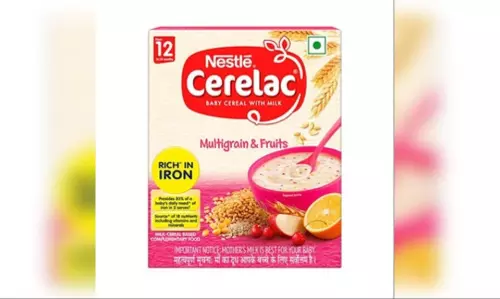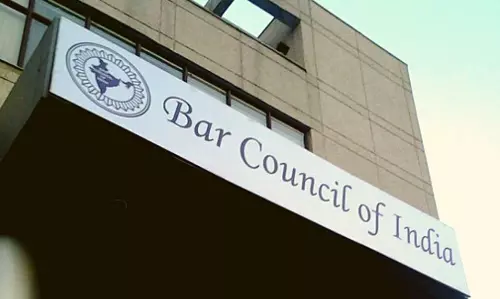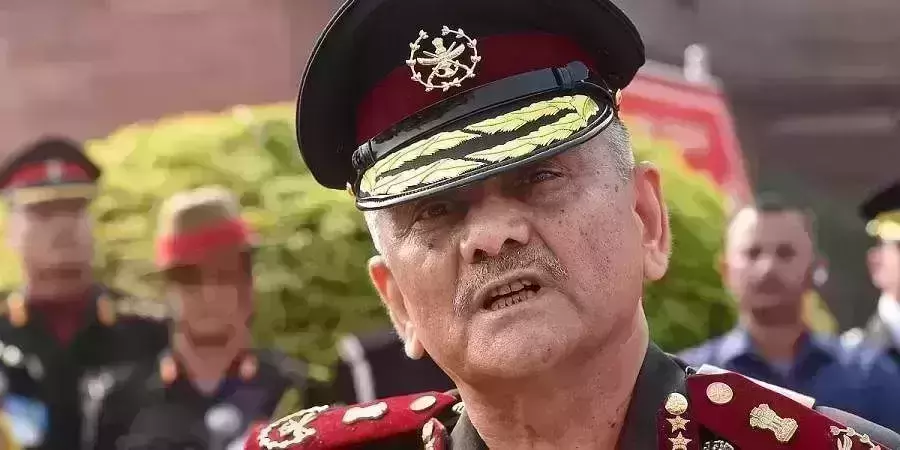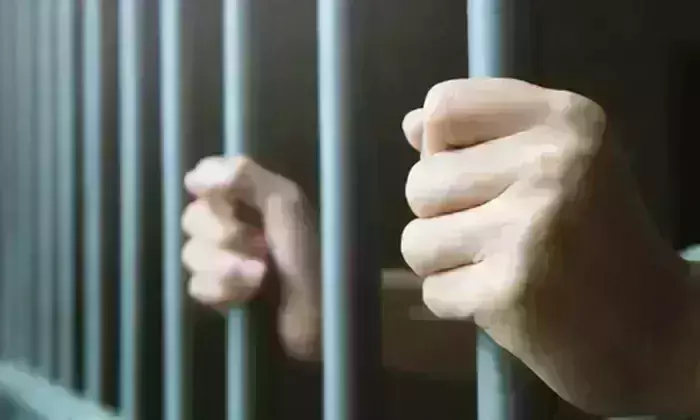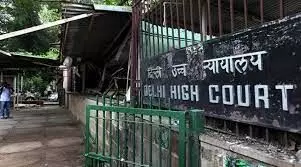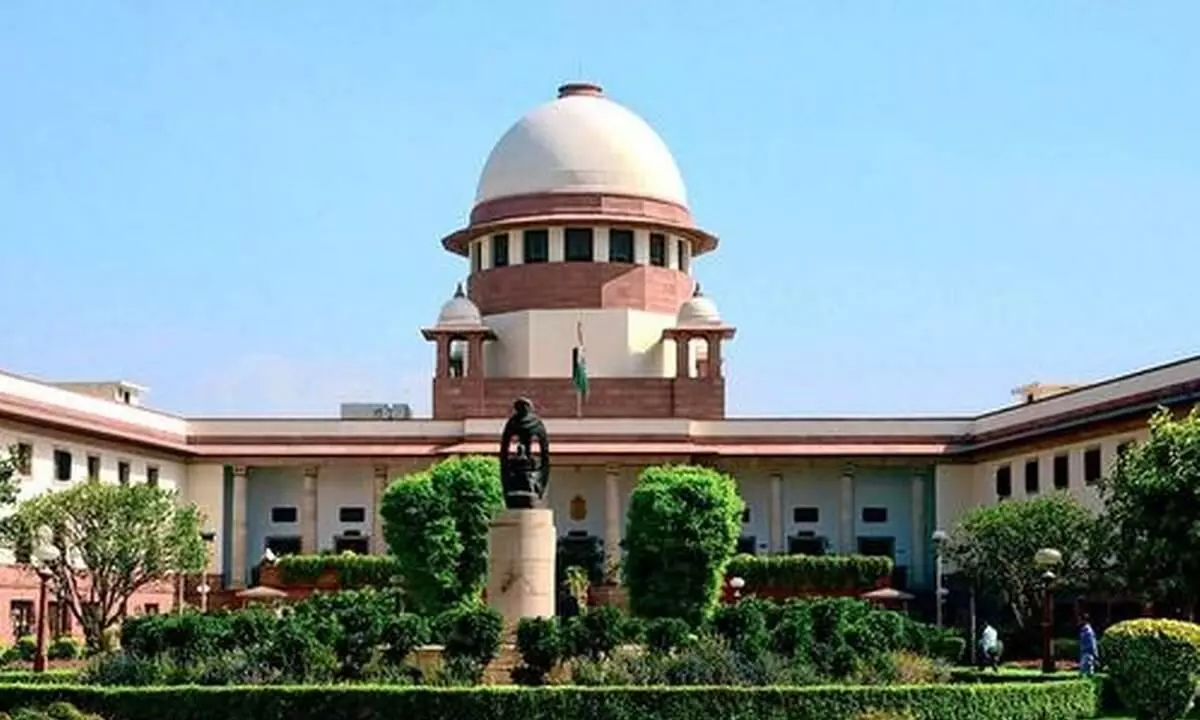
Who are to give justice to undertrials?
text_fieldsThat the injustice faced by undertrials is attracting the attention of the government and the judiciary should augur well. Speaking at the first all-India conference of District Legal Services Authorities (DLSA), Prime Minister Narendra Modi directed that everything necessary should be done to expedite the release of detainees under trial. And Supreme Court Chief Justice NV Ramana remarked that DLSAs should be able to ensure availability of legal assistance and to put an end to the unjust misery of undertrial detainees. The prime minister also called for offering legal assistance to them. This concern has its reasons. As per figures of 2020, of the 4,88,511 prisoners in Indian jails, 3,71,848 (76 per cent) are under trial prisoners. And those are people with chances of being proven innocent of their guilt. And once they are released as innocent, that would mean that their personal freedoms, a major part of their life and their family life will have been snatched away by the 'law and justice' system of the country. Our country has a no small number of people who after spending decades in jail get exonerated. But the anxiety abut this phenomenon is not something new. Courts and rulers have alike expressed this concern many times over. Since it is the very people who should do something about it who express this concern, the solution should also have been easy. But it doesn't happen that way. Now, if the machinery of DLSA will make release of undertrials any simpler, so much so good.
The issue here is not merely the procedures or the bureaucratic complexities involved. Factors ranging from unnecessary rigidity of laws to the prejudices in administration of justice to obstacles created by authorities all go to result in unreasonable punishment to undertrials. Statistics do not stop with the fact that three out of four in jail are undertrials. The marginalised sections including members of scheduled castes/tribes, minority sections and backward classes are among the undertrials in much higher proportion than their population. In Delhi and Jammu-Kashmir, nine out of ten in prison are undertrials. At the same time, no one wants to make the conditions for the release of undertrials easier. Even among those who fulfil the conditions and qualify for discharge, only a third are actually being released. It was just a week ago that the Supreme Court came down heavily on Uttar Pradesh government. Finding that just because the government does not dispose of the appeal of 853 undertrial prisoners, the detainees have been languishing in prisons for over ten years, the highest court blamed not only the government but the Allahabad High Court as well. Since the government and the judiciary are the parties to address this matter, it is none other than them who should go beyond statements and expression of sympathy and move to urgent action in right earnest. A crucial method for release from jail is bail. Though the judiciary itself keeps repeating that bail is the law and jail the exception, experience shows that the judiciary itself is overly stingy in granting bail. Shouldn't the court be able to to verify the merit of objections raised against bail applications, and the validity of non-bailable provisions being charged in line with political interest?
In this aspect, it has come as a case in point that Kerala's 'left' government has been seen as adopting a totally reactionary move. After the High Court nullified the charging of three UAPA cases against Maoist leader Rupesh, the government has approached the Supreme Court against that decision. The government's prayer in the appeal is that the lone provision invoked by the undertrials' defence should be repealed. As a timeline, the law says that the government should take a decision on approval for the trial within two weeks from the completion of investigation. When the government failed to comply with the deadline, Rupesh was discharged of UAPA cases. What the government, which has approached the apex court arguing that it is not mandatory to observe the timeline, is demanding in effect is that it should have the power to put detainees in jail indefinitely. On the one side, the Central government and the Supreme Court demand repeatedly that undertrial prisoners should be given justice; on the other, a state government goes in appeal against the provision not to prolong trial. When will we actually start working for justice?




